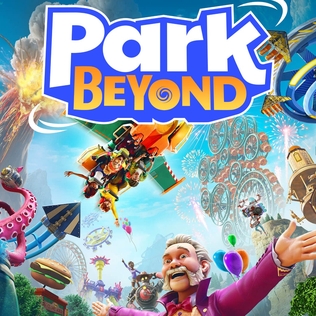
Life Is A Rollercoaster
Limbic Entertainment’s Park Beyond is yet another business-building simulator that attempts to combine “unlimited” creativity with fiscal responsibility. The game promises a novel approach to rollercoaster construction as players design the theme park of their desires. You will create your own custom coasters, set up drag-and-drop stores, and hire employees to create a profitable and thrilling business venture – but one that is primarily profitable.
Despite a lengthy tutorial on custom coaster design, Park Beyond’s campaign begins strongly by allowing you to experiment with thrilling new mechanisms and unleash your boldest creations in arid deserts and verdant alpine forests. But as I began to balance my building within the proposed financial and spatial constraints, I felt my creativity rapidly stifled by frustratingly arbitrary objectives.
Constantly, simulations are a balancing act between resources and creativity. However, the finickiness and overcomplicated nature of a number of Park Beyond’s duties resulted in play sessions in which I was frequently forced to fast-forward through in-game months in order to complete tedious, non-skippable busywork. Surprisingly, it was not on my “Build Your Dream Theme Park” bingo card to make my restrooms profitable.
In Park Beyond, not all building systems are created equal; various forms of customization have distinct principles. Unlike the prefabricated buildings and custom coaster constructions, which use a modular placement system and require specific quantities of space, trees and boulders can be randomly placed on your structures. This made manipulating the space a manageable task and inspired me to create organic and aesthetically pleasing environments. The ability to completely customize stores by constructing extensions around a main structure, which, with considerable effort, can result in a truly unique creation, was a welcome addition. However, there are a few caveats to this technique, as it can become delicate and time-consuming when roofing and signage are involved.
The success of your amusement park depends on three factors: Money, Fun, and Awe. Each attraction, shop, restroom, and employee contributes differently, so you’ll have to turn plates to keep the lights on. Astonishment is the most valuable currency, as it enables you to “Impossify” your excursions, stores, and employees, thereby enhancing their visual appeal and efficiency. This allows you to develop and customize your configuration in a meaningful way, but filling up the meter eventually became a chore.
Park Beyond succeeds despite its pacing flaws due to its enthralling animations and stomach-churning attraction designs. Evenings feature a beautiful shimmering milieu, which allowed me to log out of my financial worries so I could appreciate the whimsical world I had created in tranquility. As the sun rises the following morning, however, you realize that your margins are insufficient to finance your latest foolish endeavor.
Sandbox Mode ended up being a reviving alternative where I could concentrate on my own design fantasies without interruptions. Here, you can choose a starting budget and location, in addition to establishing specific objectives and curating your own set of challenges. Although you must still manage your ambitions, I finally felt like my own employer. While accepting financial defeat, I could construct and experiment with greater depth, which feels like a superior distillation of the game’s goals.
I was left feeling deflated by Park Beyond’s business-driven goals and lack of investment in unbridled player creativity, despite the game’s distorted takes on nostalgic attraction designs and abundance of whimsical pageantry. For a game that strives to expand your imagination, it’s a bit too concerned with whether or not you’re tall enough to ride.

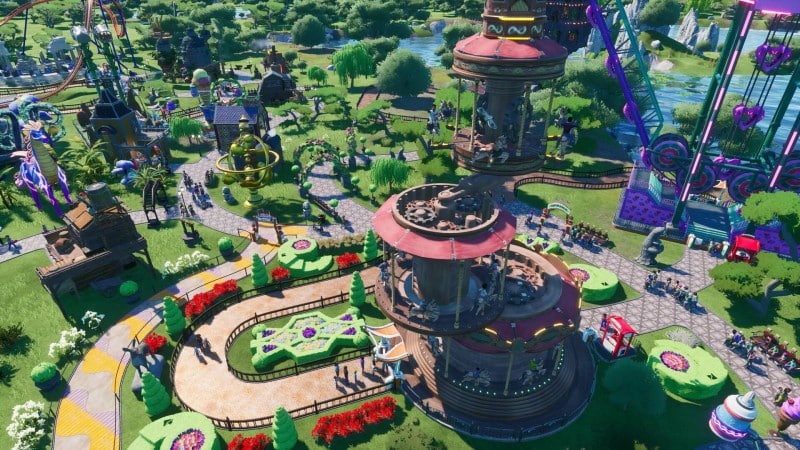
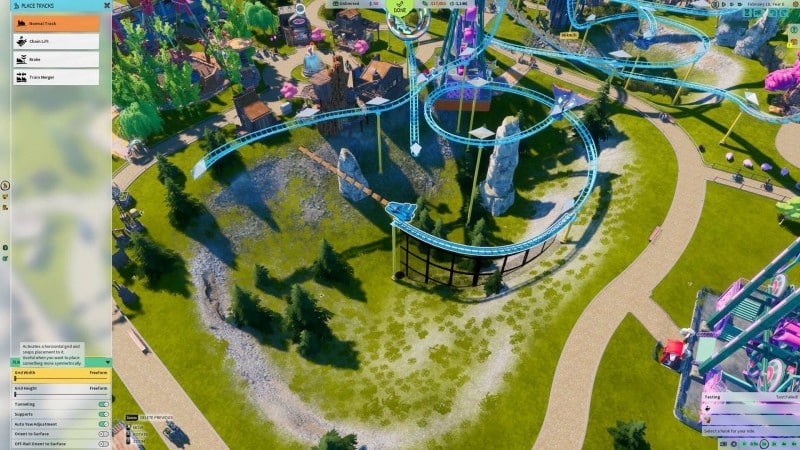
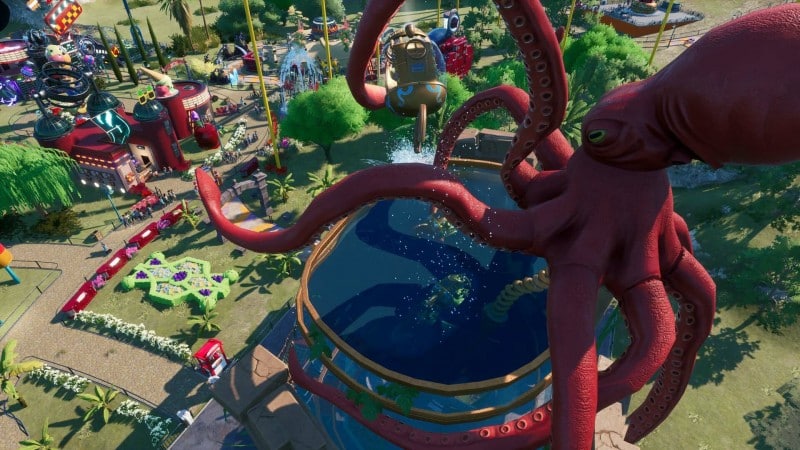

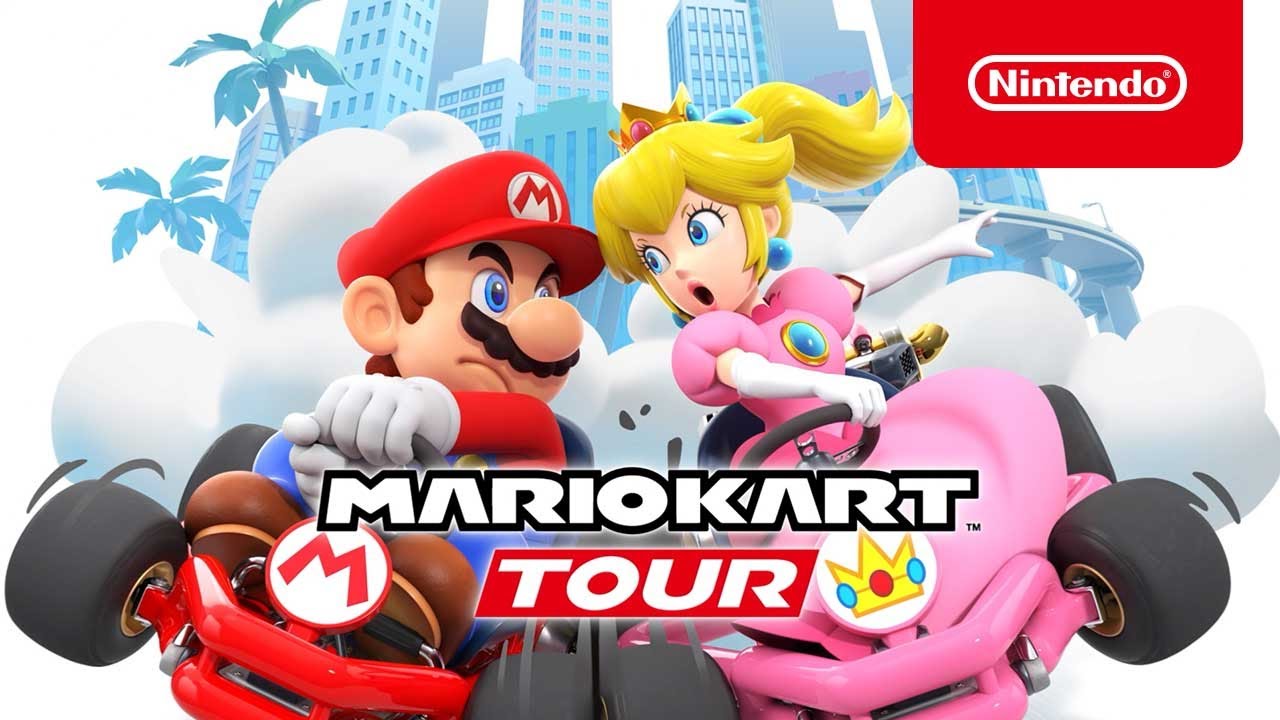

.webp)

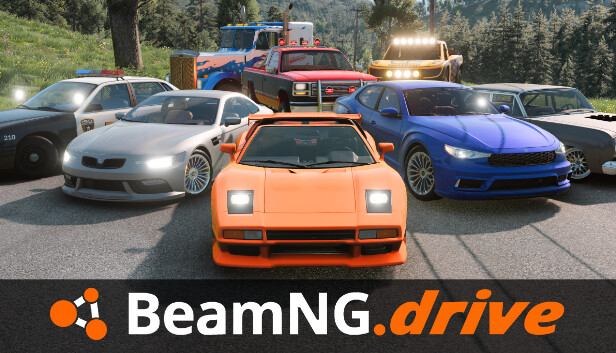
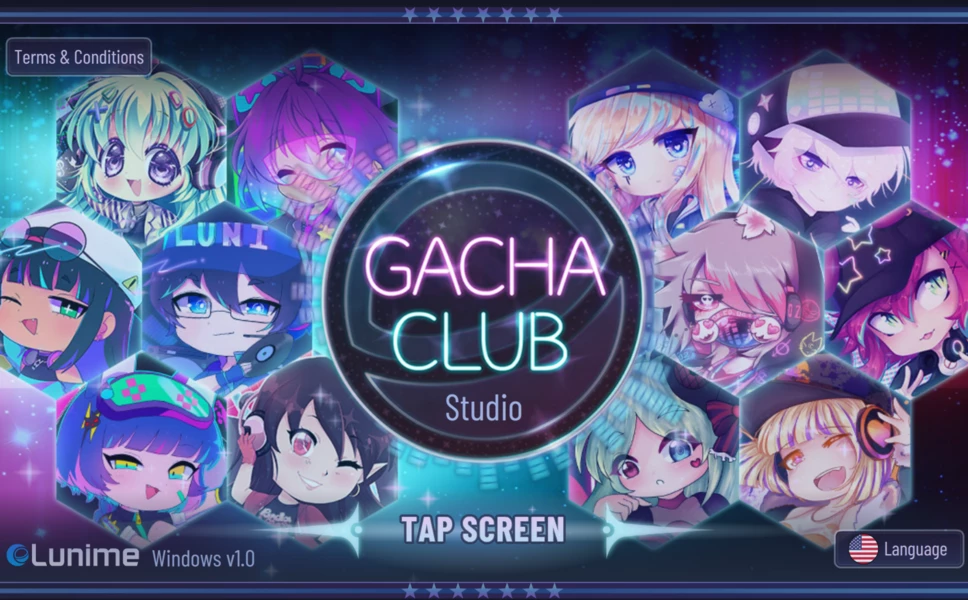
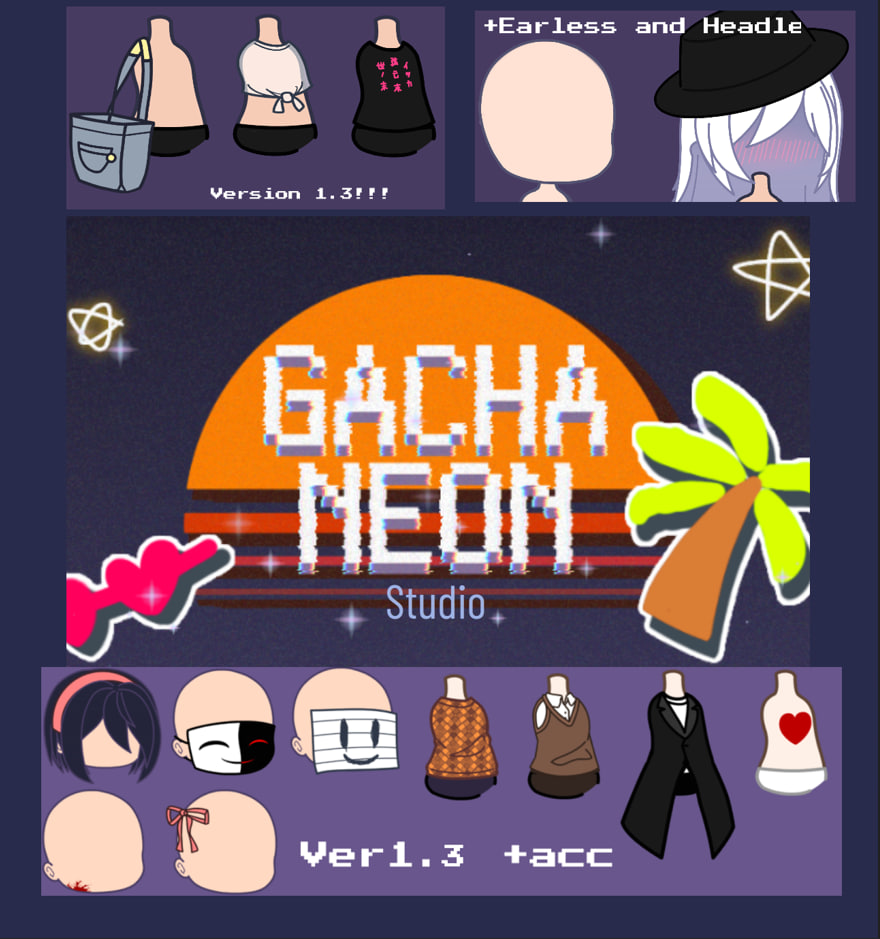
.webp)